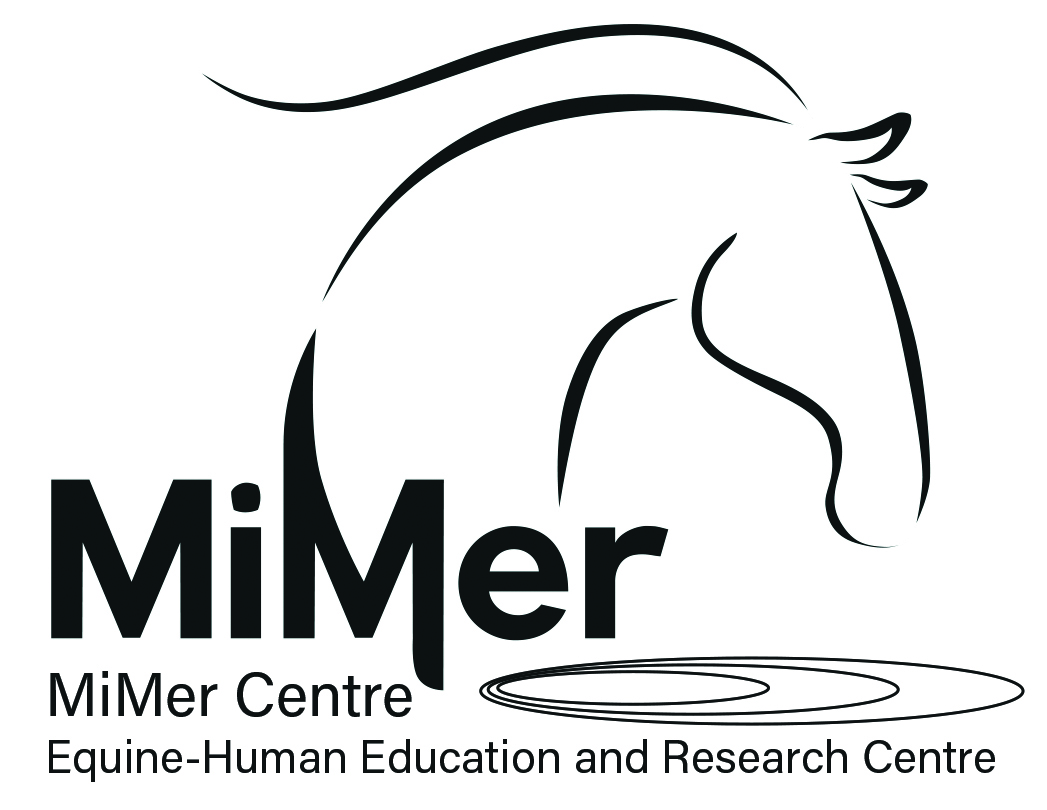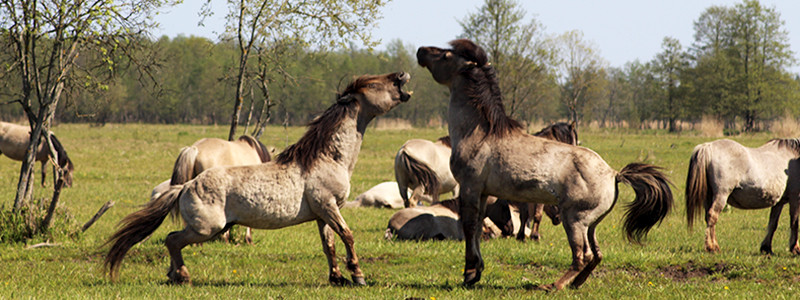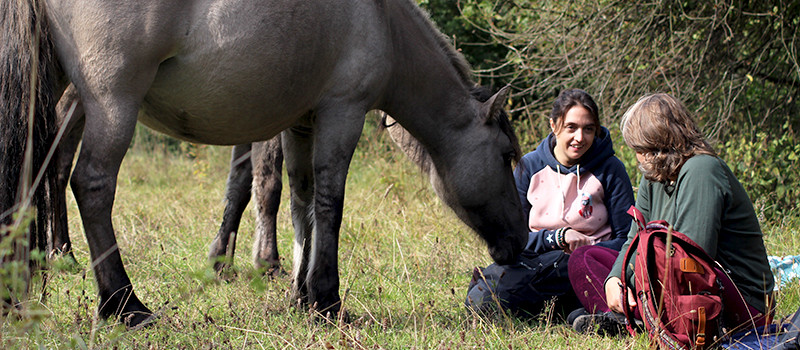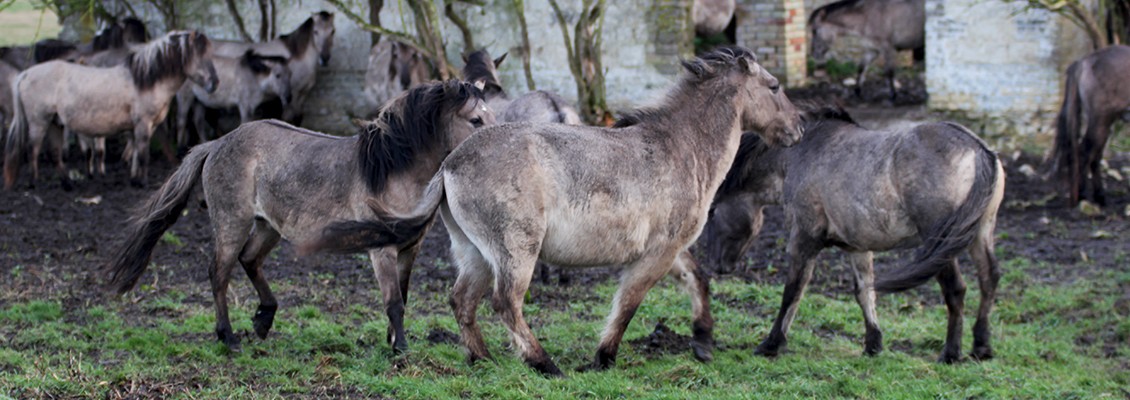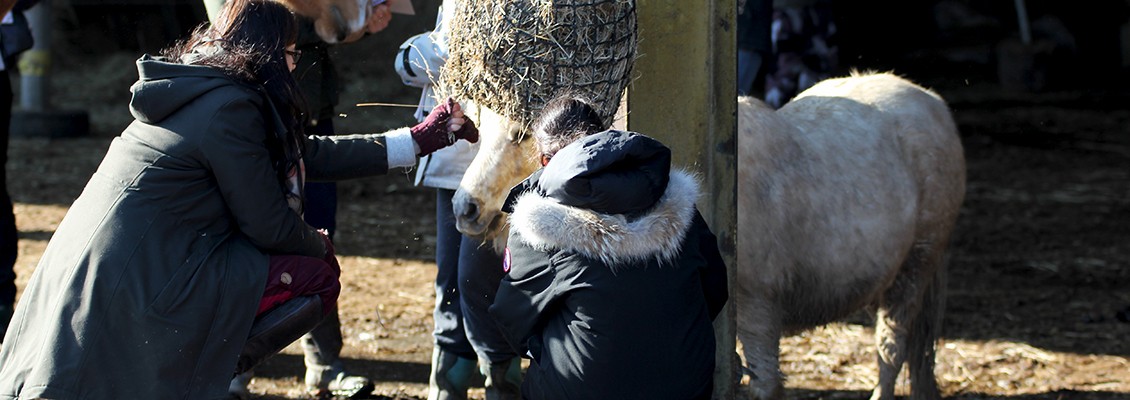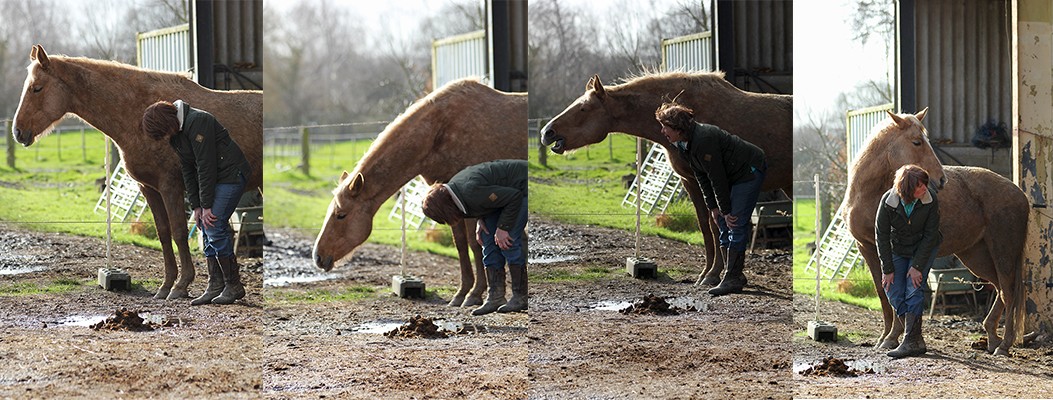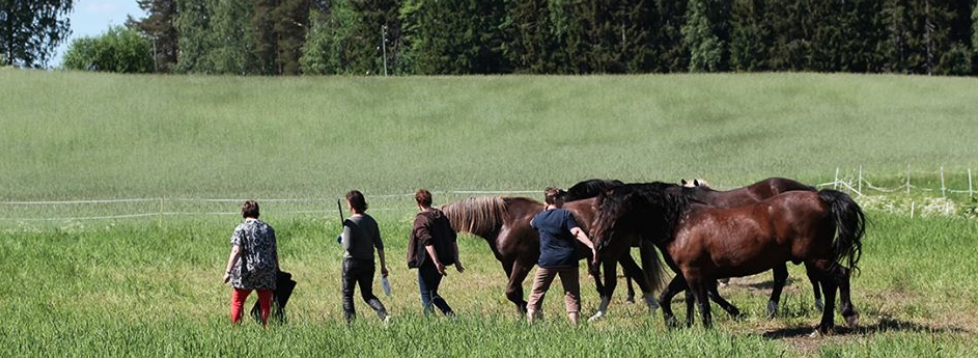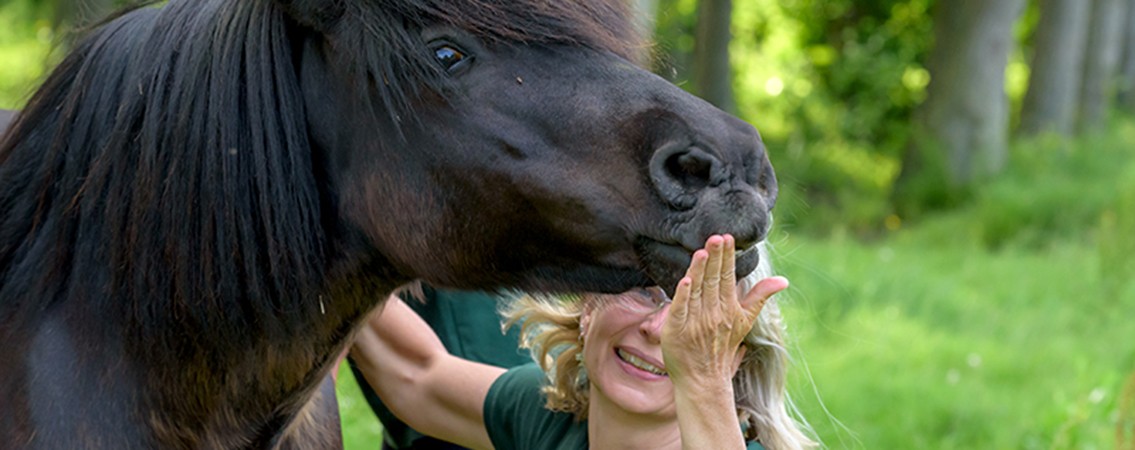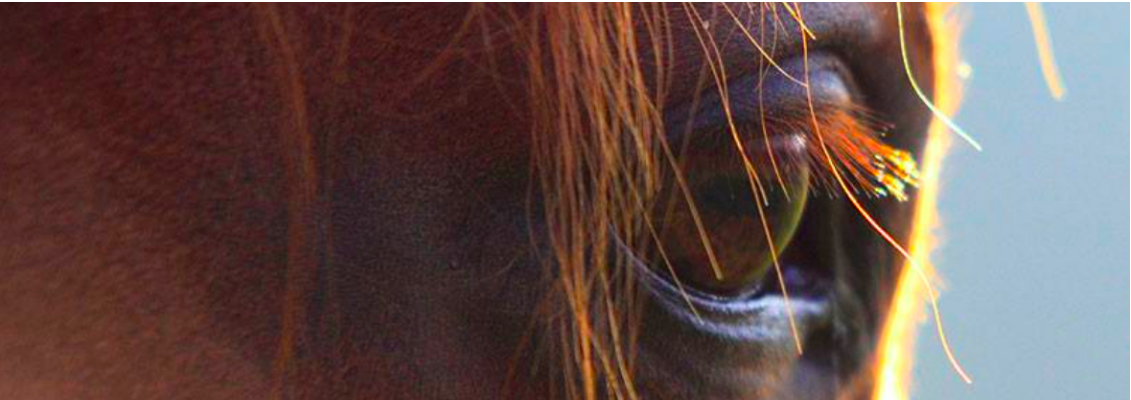The Imitation Game is a Perception Game…
(And bear with me... this is about horses - and horse-human interaction, too.... I am stumbleing around about in this post - the text is not crystal clear - yet - I wanted to share it - something is forming in me, about the importance of embodiment, the shared nature of perception, how we form our beliefs as humans - how horses can help us see this - by being them.)
The imitation I talk about here has nothing to do with copying or imitating for its own sake. Imitation is an important way to, and of learning. You find imitation (of various kind; mimicking, mirroring, emulation, “true” imitation, teaching, schooling/herd/group behavior) in social learning, in language learning, in so called situated learning – as e.g. in apprenticeship models, etc. Imitation is also an important tool when to getting to know someone (as in the chameleon effect – which is about creating/ “achieving” liking each other – and in creating a common ground of understanding and communicating with each other – creating social contracts). Imitation is so much more than copying – and play a big role in all mammals’ development and growth into adults, but also in adult life. It is a corner stone of how we interact with each other, albeit often imitation is not conscious, it can be looked at, made conscious, and experimented with.
